“Ukraine and the Netherlands v. Russia”: representatives of the Ministry of Justice and the human rights community discussed the historic decision of the ECtHR
On 16 July 2025, the Ministry of Justice of Ukraine hosted a panel discussion on “The ECtHR decision in the inter-state case of Ukraine and the Netherlands v. Russia and its significance for the protection of the rights of victims of Russian aggression”. The event brought together representatives of the Ministry of Justice of Ukraine and the human rights community to discuss the implications of the decision of the Grand Chamber of the European Court of Human Rights (ECtHR) delivered on 9 July in Strasbourg. This case, the largest in the history of the ECtHR, combines four applications, covers the period from 2014 and concerns systematic human rights violations in the occupied territories of the Donetsk and Luhansk regions, including the downing of flight MH17 in July 2014, the deportation of children, and the events related to Russia’s full-scale invasion.
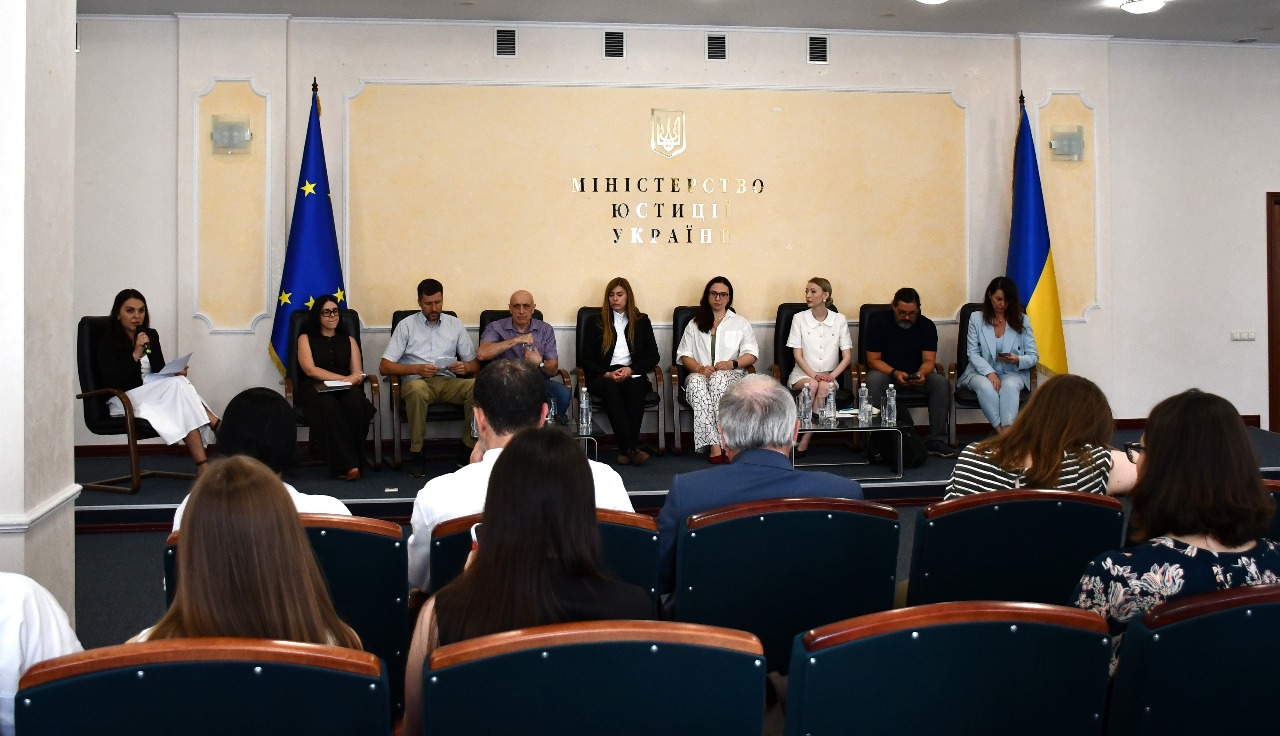
The Agent of Ukraine before the European Court of Human Rights, Marharyta Sokorenko, emphasised the historical significance and importance of the ECtHR decision. According to her, this decision will be a very useful tool for the work of the future Special Tribunal on the crime of aggression against Ukraine.
She also emphasised that the ECtHR pointed out the goal that can be seen in the rhetoric and actions of the Russian Federation: the destruction of Ukraine as a subject of international law.
In addition, Sokorenko stated that the ECtHR has over 9,000 individual applications related to the Russian Federation’s aggression since 2014. Most of these cases, which have been communicated to the Ukrainian government, concern human rights violations in occupied Crimea, but it is expected that following this decision, the ECtHR will begin a mass examination of cases concerning Donbas and the full-scale invasion.
“As of now, the European Court has already sent over 600 individual applications to the Russian Federation and informed Ukraine about this. We have submitted our position on these cases. However, these cases primarily concerned the examination of individual claims relating to violations in the temporarily occupied territory of Crimea,” Sokorenko noted.
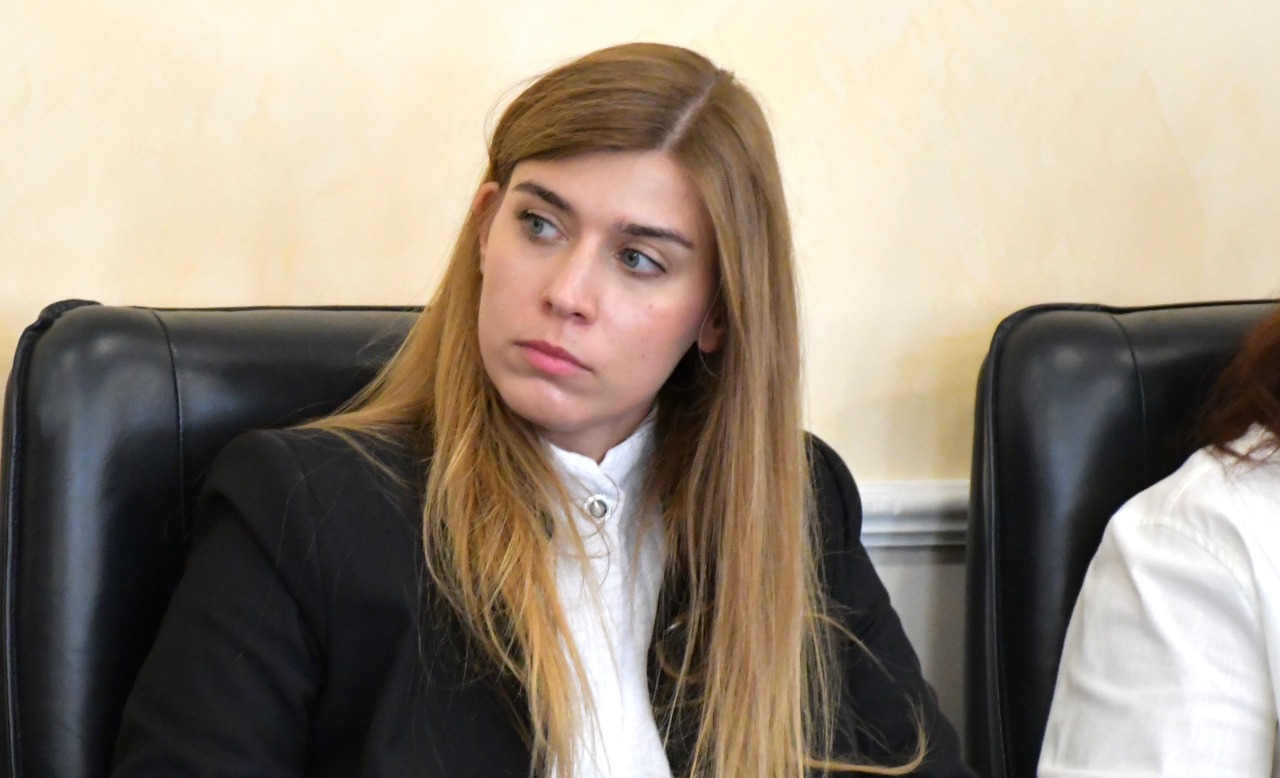 Marharyta Sokorenko
Marharyta SokorenkoShe noted that the decision in the case of “Ukraine and the Netherlands v. Russia” is not the end, but an important step that opens up new opportunities for protecting the rights of victims and holding Russia accountable.
The Executive Director of the Ukrainian Helsinki Human Rights Union, Oleksandr Pavlichenko, emphasised the unprecedented nature of the ECtHR decision. He explained that, for the first time in history, the ECtHR had coherently combined the assessment of military aggression with its consequences in the context of the European Convention on Human Rights. Previously, in cases concerning armed conflicts (such as “Georgia v. Russia“), the ECtHR had been cautious about combining the assessment of military actions with human rights violations. The Court usually considered these issues separately.
“In its decisions prior to this decision, the European Court of Human Rights distinguished between different approaches to the qualification of facts… The issue of war, the assessment of actual aggression with all its consequences in the context of the European Convention on Human Rights, has found a completely organic and well-founded combination in this decision,” Pavlichenko noted.
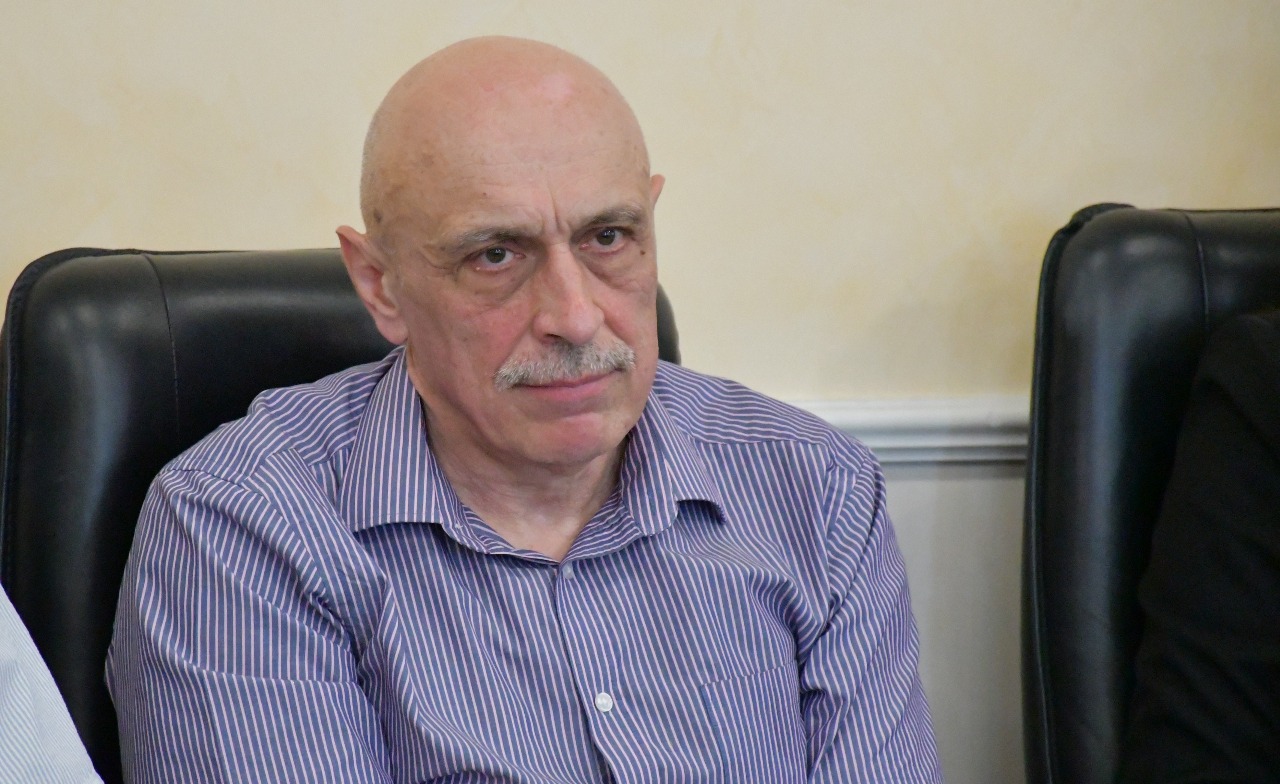 Oleksandr Pavlichenko
Oleksandr PavlichenkoSeparately, the Executive Director of the Ukrainian Helsinki Human Rights Union highlighted specific individual measures identified in the decision: the immediate release of persons deprived of their liberty before 16 September 2022 in territories controlled by the Russian Federation, as well as the return of deported children.
Mykhailo Tarakhkalo, Director of Strategic Affairs at the Ukrainian Helsinki Human Rights Union, elaborated on the violations established by the ECtHR. He noted that the Court explicitly held Russia responsible for the downing of MH17, emphasising that “agents of the Russian state, through their active actions, shot down the plane and are responsible, along with the Russian state, for the deaths of 298 people”.
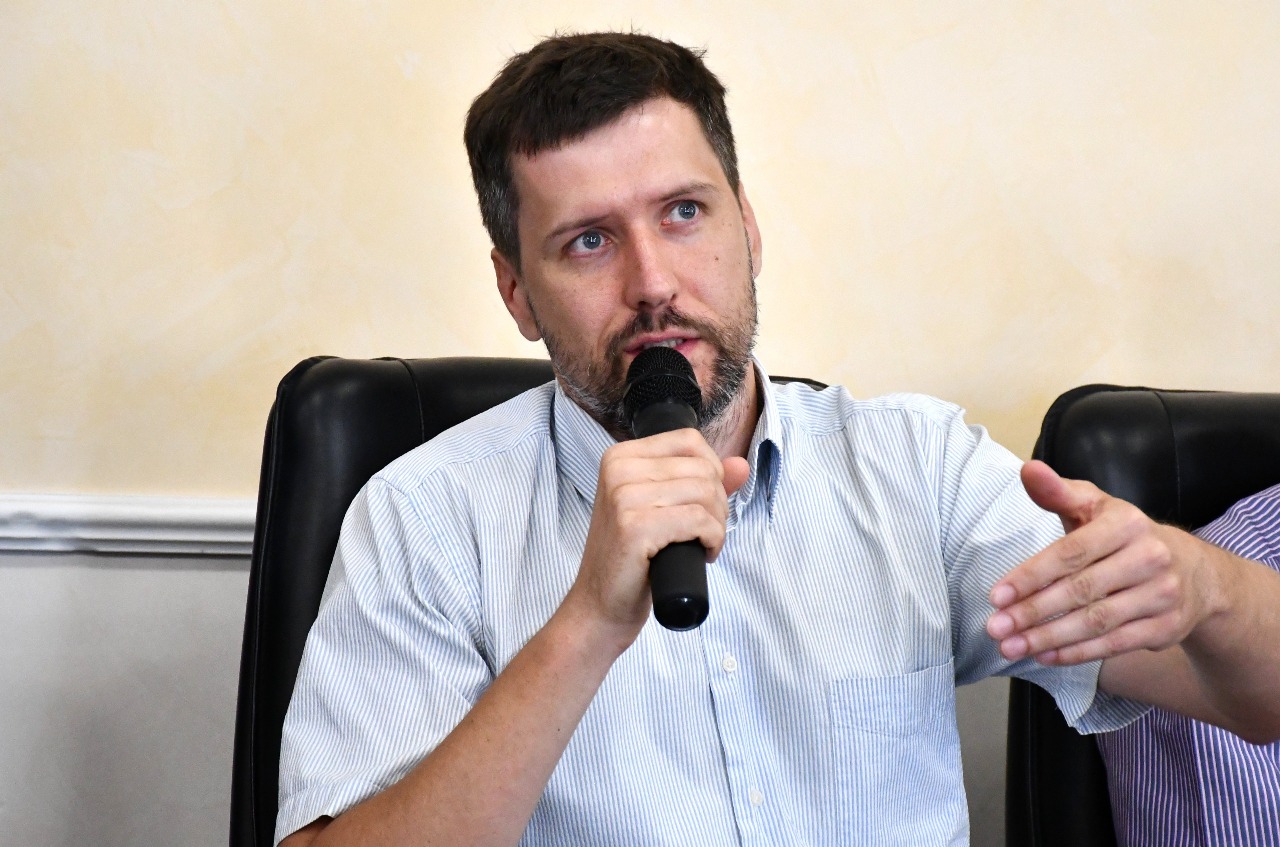 Mykhailo Tarakhkalo
Mykhailo TarakhkaloTarakhkalo drew particular attention to the fact that the ECtHR strongly criticised Russian propaganda. According to the expert, the Court explicitly stated that “all versions put forward by the Russian Federation regarding the downing of the Boeing were in fact an attempt to evade responsibility and confuse the official investigation”. This criticism also extends to Russia’s disinformation campaign and its unwillingness to cooperate, which creates obstacles to bringing those responsible to justice, apart from the few defendants already convicted in criminal proceedings at the Hague District Court.
Alina Pavliuk, Legal Coordinator and analyst at Ukrainian Legal Advisory Group (ULAG), emphasised that the ECtHR decision brings together the results of processes taking place at various international levels concerning Ukraine, in particular the investigation into MH17, the conclusions of the International Criminal Court and references to the establishment of a special tribunal and compensation mechanism.
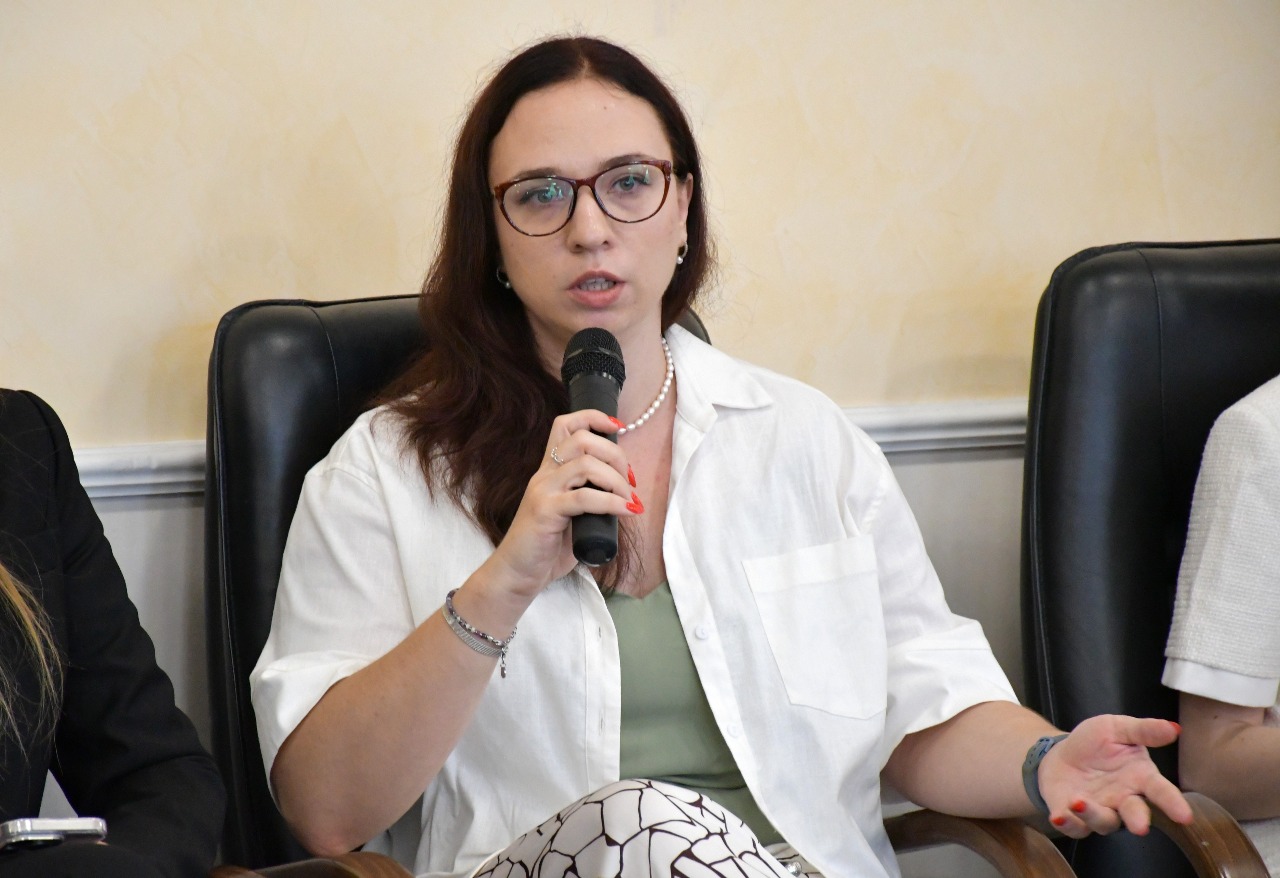 Alina Pavliuk
Alina PavliukPavliuk noted that the ECtHR conclusions are of great importance for Ukraine’s national justice system, especially for understanding the context of the armed conflict since 2014. According to her, Ukrainian court decisions often lack a comprehensive assessment of how the armed conflict began in Crimea in 2014, developed in the east of Ukraine, and what happened after the full-scale invasion.
“The ECtHR clearly demonstrates this connection, showing how the armed conflict began with the situation in Crimea in 2014. It shows how it developed in the east of Ukraine and what happened after the large-scale invasion. Such a comprehensive assessment of the context and these conclusions are actually lacking in our national court decisions, so it would be beneficial if the possibility of using ECtHR decisions as precedent were applied at the national level as well,” she said.
In addition, according to Pavliuk, the ECtHR conclusions will serve as a basis for the legal qualification of war crimes and the development of arguments in national criminal proceedings. The decision also lays the foundation for the development of the qualification of crimes against humanity, which is a relatively new field for Ukrainian criminal justice.
Lyubov Smachylo, Head of the analytical department of the Media Initiative for Human Rights, focused on the evidence provided by international and Ukrainian civil society organisations, which was taken into account by the ECtHR. According to her, this confirms the “right to the truth” and proves that the crimes documented by many sources are indisputable. The decision is also important for documenting crimes against humanity, in particular the persecution of civilians who resist the occupation.
“In its decision, the ECtHR referred to reports from international organisations, such as the UN Commission (of Inquiry on Ukraine – Ed.), as well as reports from Ukrainian civil society organisations that have been documenting violations since 2014. This means (and there are no objections here) that the Russian Federation is committing these crimes, since various organisations and various actors have the same evidence,” Smachylo noted.
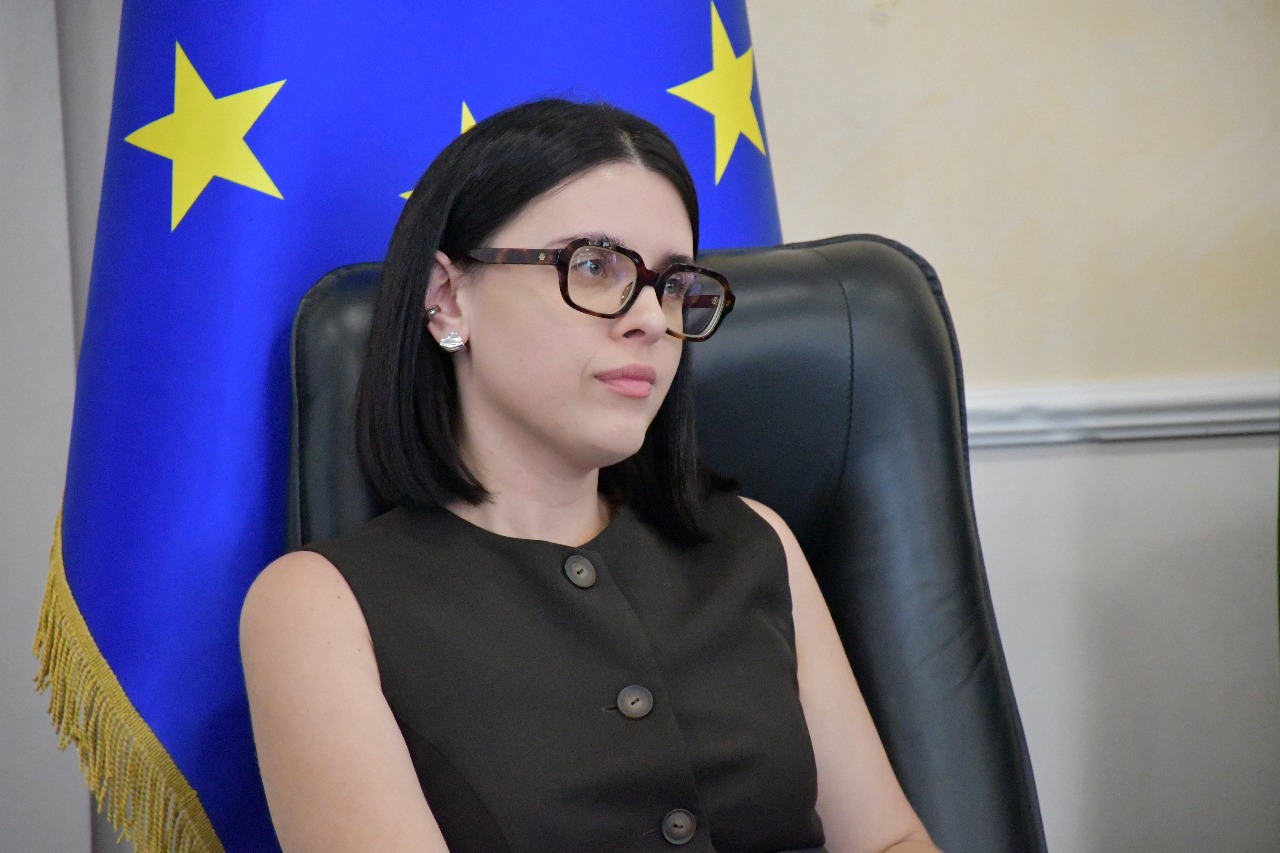 Lyubov Smachylo
Lyubov SmachyloThe human rights defender emphasised that the ECtHR decision also notes that the families of those killed in the downing of MH17 and the families of Ukrainians who are being held captive or are missing are suffering inhuman treatment due to their suffering.
Kateryna Rashevska, an Expert on international justice and legal analysis of the Regional Centre for Human Rights, focused on the deportation of Ukrainian children. She noted that the ECtHR had corrected a “historic mistake” related to the lack of response to deportations since 2014. The Court clearly stated that Russia has been consistently deporting and forcibly transferring children, changing legislation to facilitate their forced adoption.
“The Court states that from 2014 to 16 September 2022, and beyond, Russia has been consistently deporting and forcibly transferring Ukrainian children, amending national legislation to impose its citizenship on these children, in particular by facilitating their forcible transfer to Russian families. The Court explicitly identifies the form of such transfer as adoption—not guardianship, not temporary guardianship, as is often used in Russia, but adoption itself,” Rashevska explained.
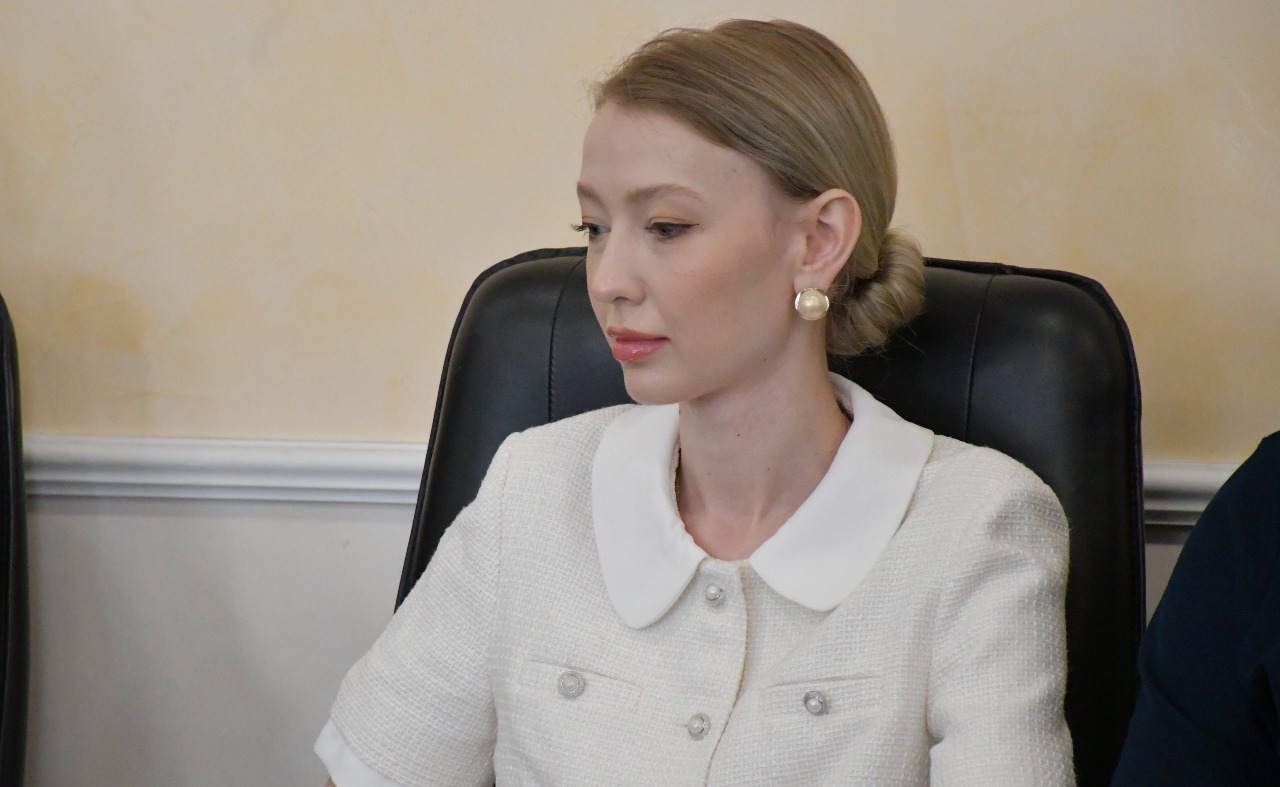 Kateryna Rashevska
Kateryna RashevskaShe emphasised that the Court had rejected Russia’s arguments about “evacuation”, stating that there were no legitimate grounds for transferring the children.
Commenting on the implementation of the ECtHR decision, Kateryna Rashevska noted that since 2016, Russia has been the leader in the number of unimplemented decisions of this court. Despite this, the decision is of great value as it can be used as a tool in several areas. Firstly, it can be used to strengthen legal arguments before the UN Human Rights Committee and other international bodies, particularly with regard to the exhaustion of legal remedies. Secondly, it can be used to prove discriminatory persecution at the International Criminal Court, which may contribute to the qualification of crimes as crimes against humanity or even genocide.
In addition, according to her, this decision may lead to an increase in applications to the International Register of Damages: although it does not in itself constitute automatic proof of deportation, its reasoning could support such complaints. The document opens up additional opportunities for advocacy, from recognising indoctrination as a separate form of violation against children to promoting the establishment of an independent mechanism for the return of abducted children and civilian prisoners, as well as the introduction of relevant sanction initiatives.
Olha Vdovenko, Director of the legal department at NGO Human Rights Platform, noted that the ECtHR recognised Russia’s violation of freedom of expression, including the abduction of journalists, obstruction of their activities, bodily harm, detention, as well as the blocking of web resources and seizure of Ukrainian radio frequencies. This confirms that Russia is waging not only an armed war but also an information war against Ukraine.
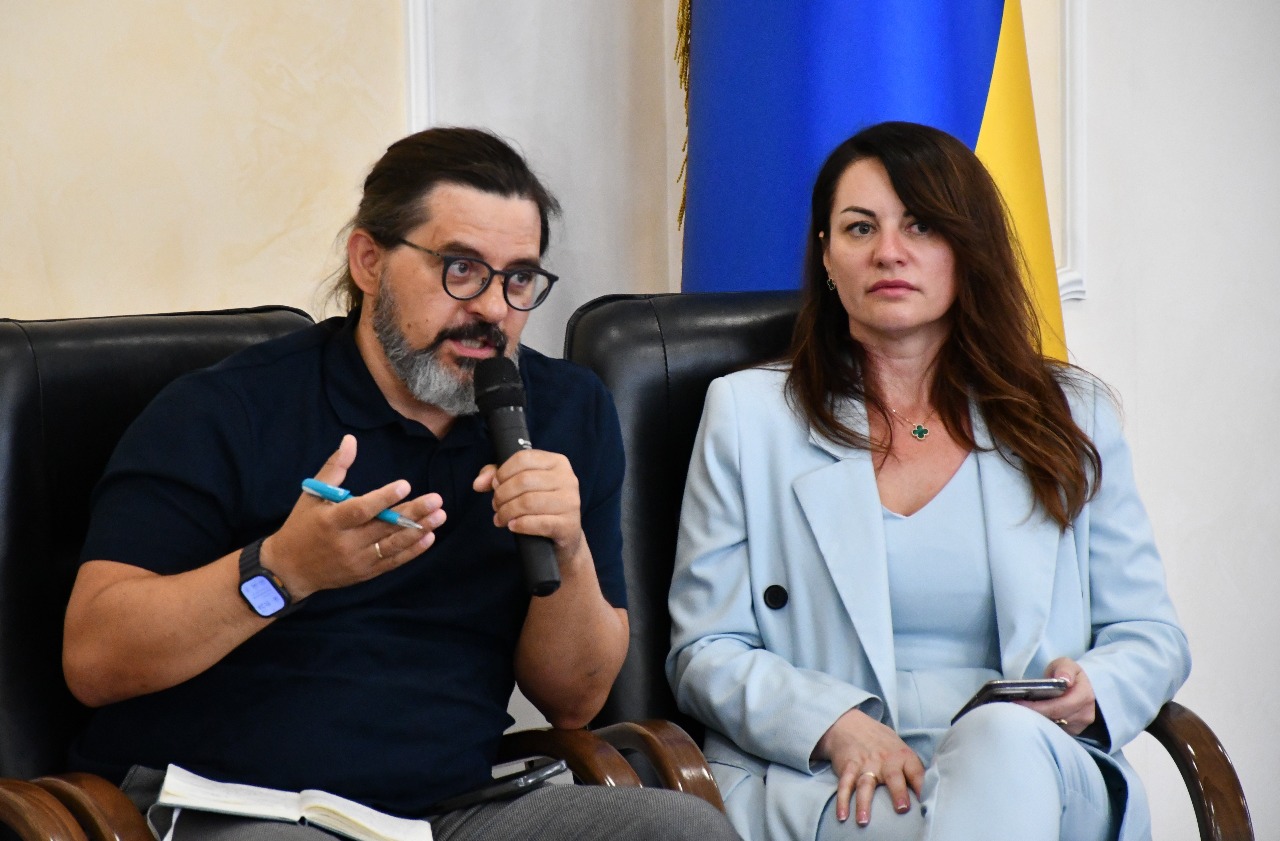 Andrii Yakovliev, Olha Vdovenko
Andrii Yakovliev, Olha VdovenkoAndrii Yakovliev, lawyer and Managing Partner of the Umbrella Law Firm and expert on international humanitarian law of the Media Initiative for Human Rights, summed up the historical significance of the decision. He noted that the European Court of Human Rights, aware of Russia’s likely failure to comply with this decision, has created a document that will be useful for law enforcement and will influence policy.
“The first thing that speaks to the historic nature of the ECtHR decision is probably its snapshot of an entire era. It is interesting because it traces the circumstances back to 2014. Then it continues into 2022, and throughout this time it is considered not as two separate violations and conflicts, but as a single era,” Yakovliev explained.
He added that the ECtHR decision refutes Russian narratives about an “uprising” in Donbas and the “ambiguity” of events, proving that all this time there has been an armed conflict with the Russian Federation in Ukraine – a war. The court found not just isolated violations, but a “logical, planned, prolonged and systematic policy of the state” amounting to crimes against humanity and, in a certain sense, genocide, as it was aimed at destroying Ukrainian statehood and identity.
Yakovliev also recalled that International Humanitarian Law (IHL) does not suspend human rights during wartime, but rather operates alongside them. The ECtHR interprets human rights through explanations of how they are applied under IHL.
The event was moderated by Tetiana Pechonchyk, Head of the Board of the Human Rights Centre ZMINA.
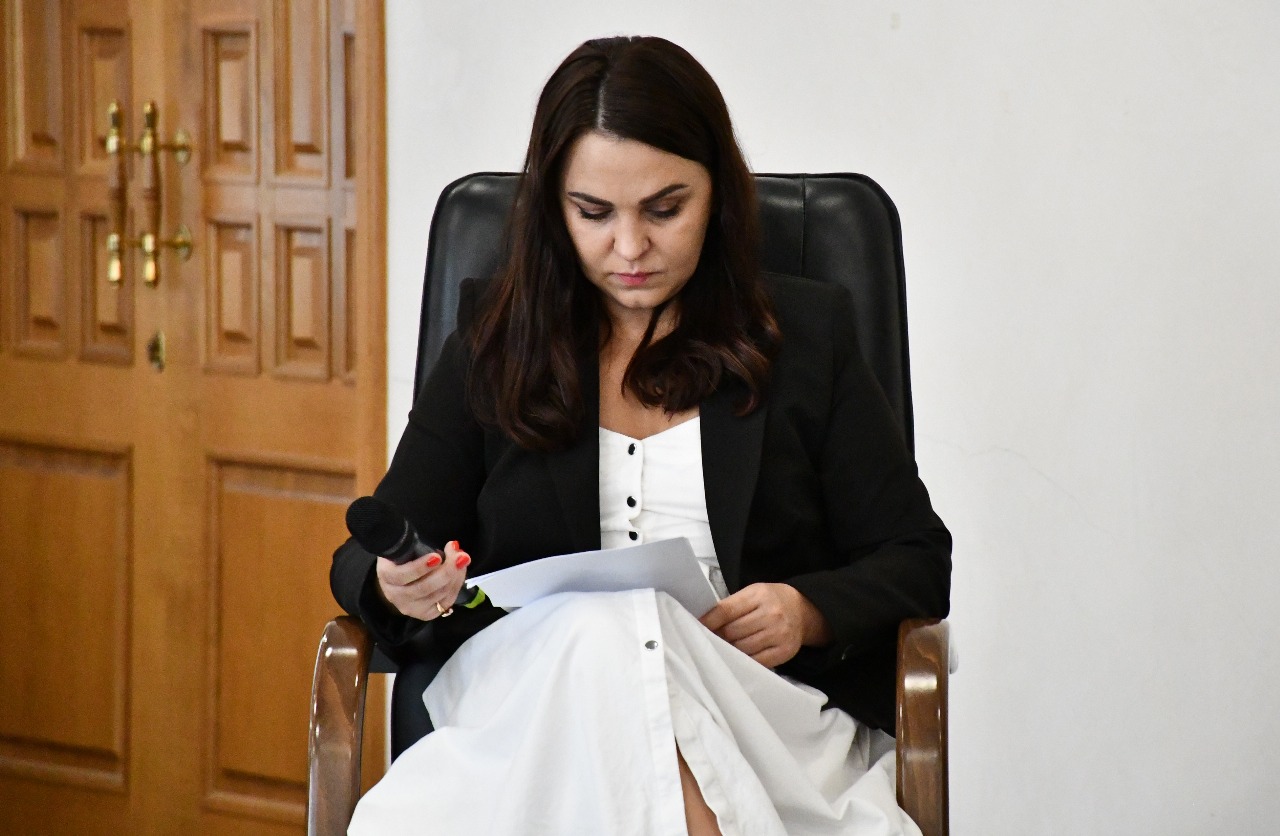 Tetiana Pechonchyk
Tetiana PechonchykThe event also included a Q&A session with Marharyta Sokorenko, Agent of Ukraine before the European Court of Human Rights.
The event was organised by the Ministry of Justice of Ukraine in cooperation with the Human Rights Centre ZMINA and with the support of the Embassy of the Czech Republic in Ukraine.
You can watch a video recording of the event at this link.
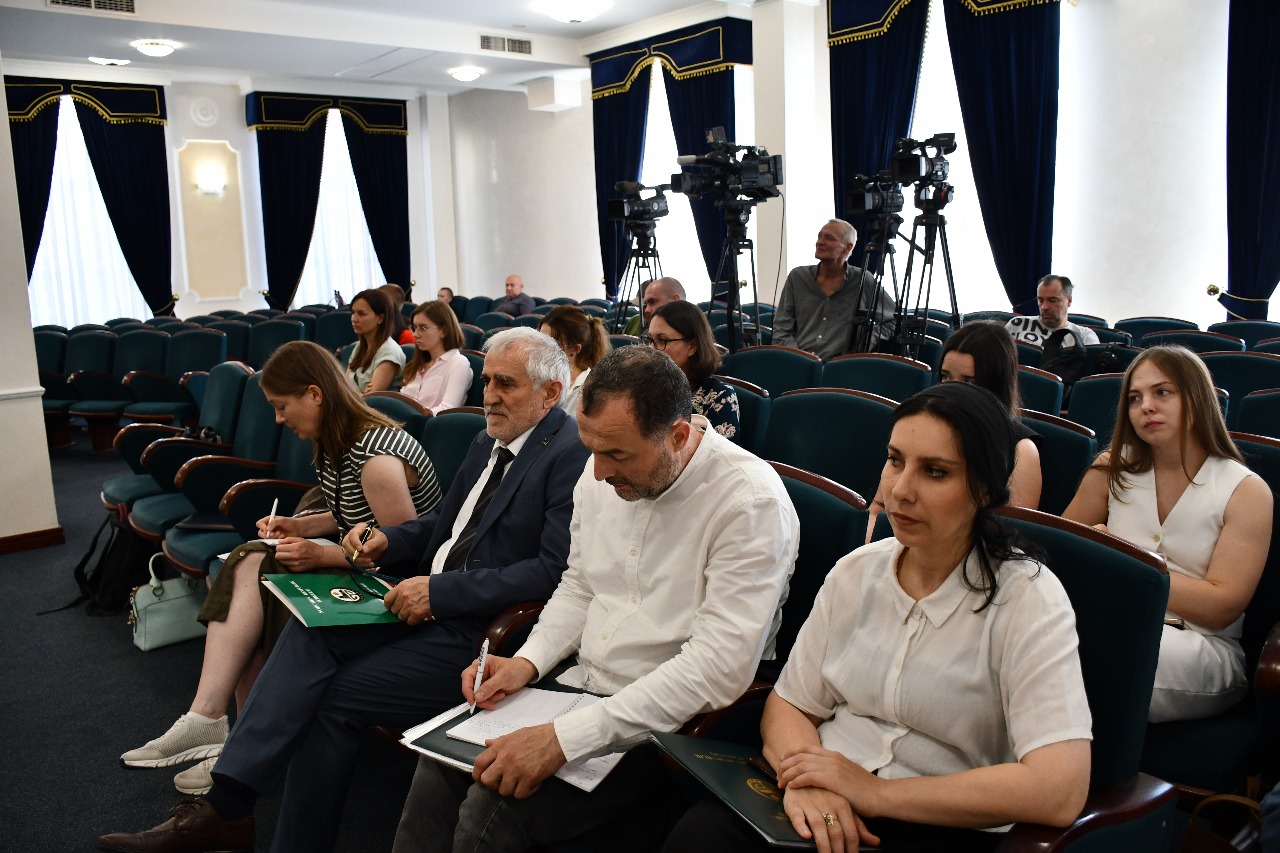
It is worth noting that the reports of the Human Rights Centre ZMINA were used as evidence in the ECtHR case “Ukraine and the Netherlands v. Russia”.
As a reminder, ZMINA previously reported that on 25 June 2024, the ECtHR delivered its decision on the merits in the inter-state case “Ukraine v. Russia (re Crimea)” — the first of four inter-state cases against Russia in connection with its attack on Ukraine. The Strasbourg court unanimously found that the Russian Federation had massively and systematically violated human rights in Crimea. This decision also used materials from the Human Rights Centre ZMINA, including a joint research with the Crimean Human Rights Group, which documented more than 350 cases of persecution of journalists by Russia in occupied Crimea.
If you have found a spelling error, please, notify us by selecting that text and pressing Ctrl+Enter.















